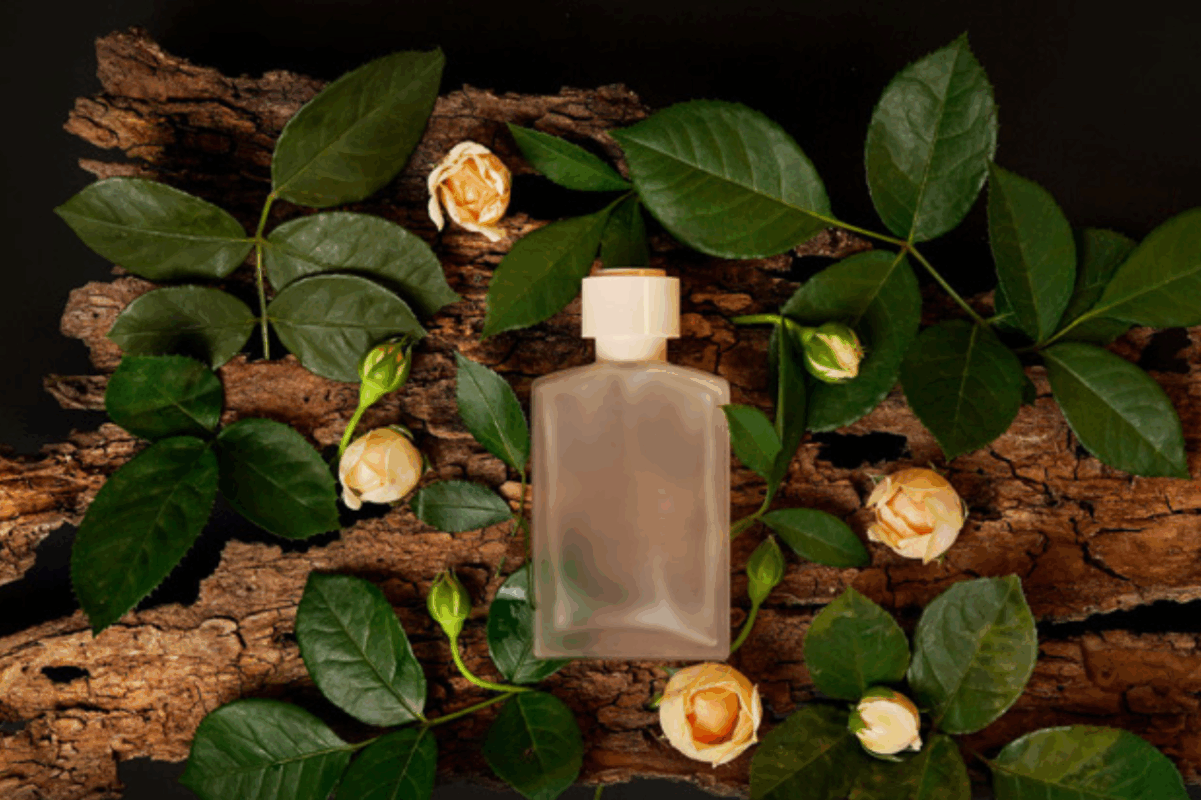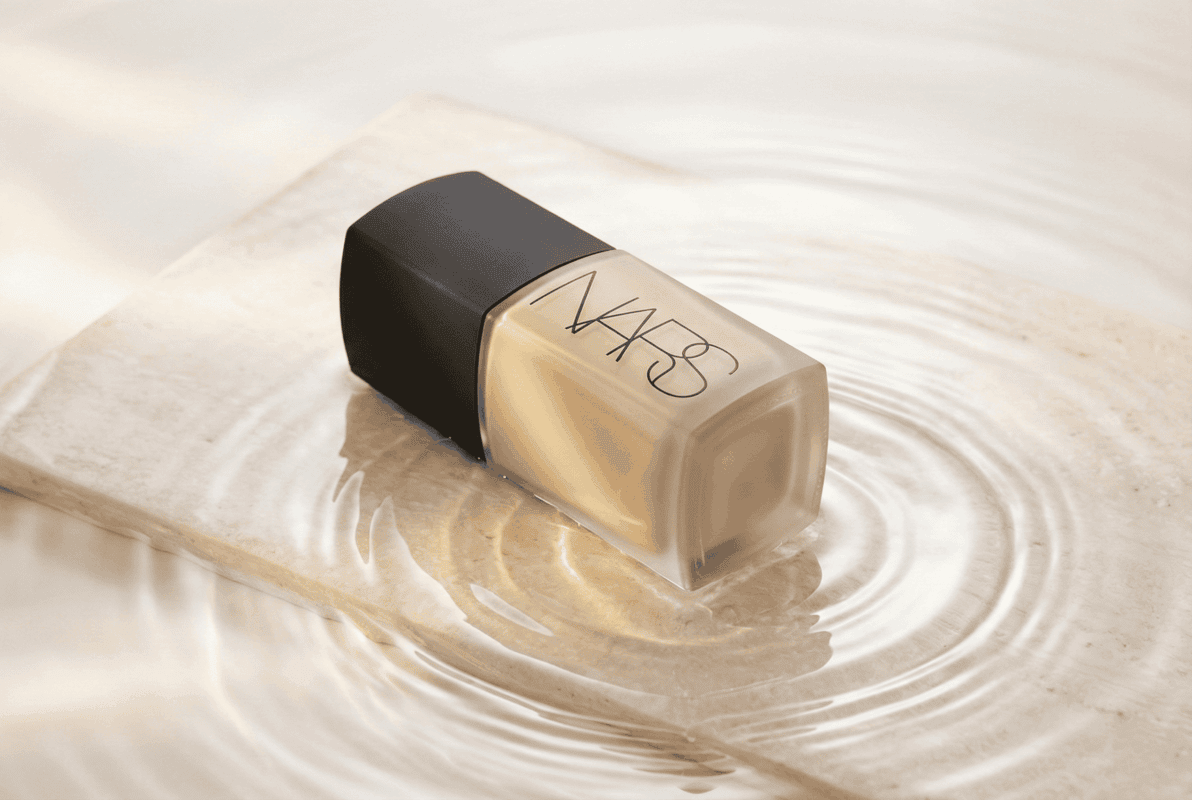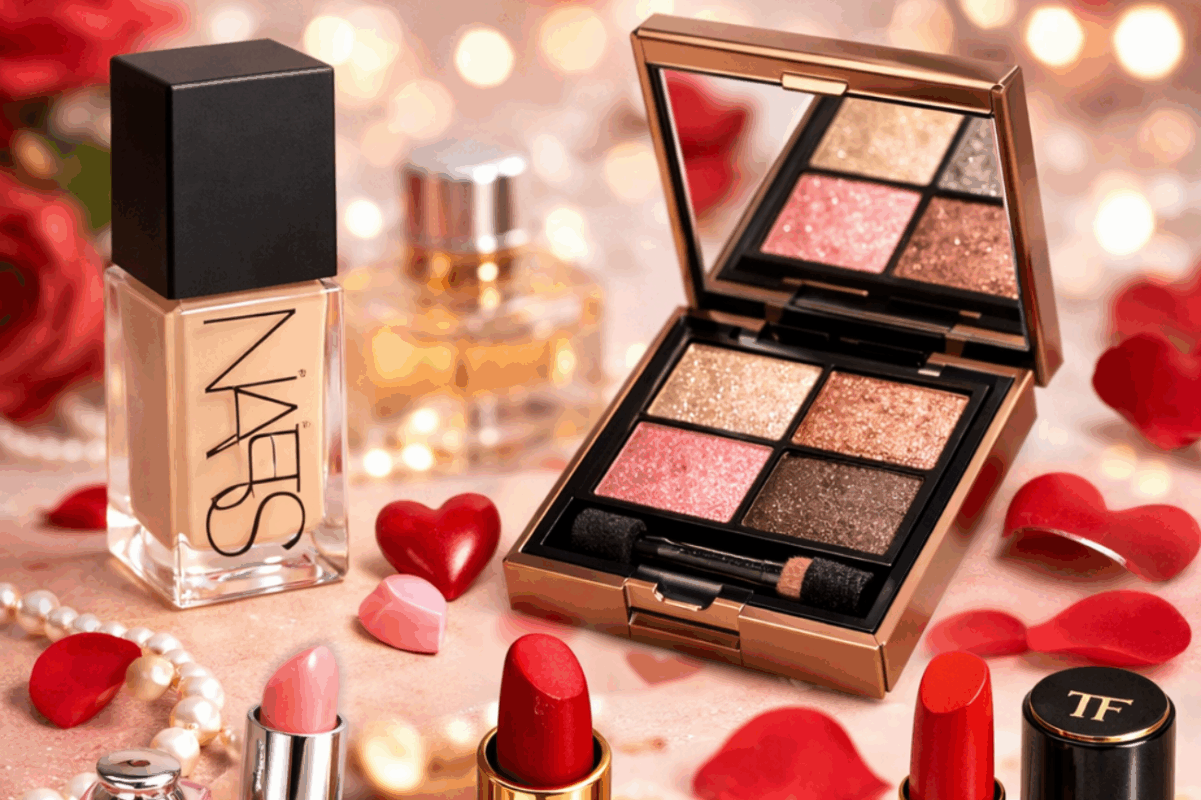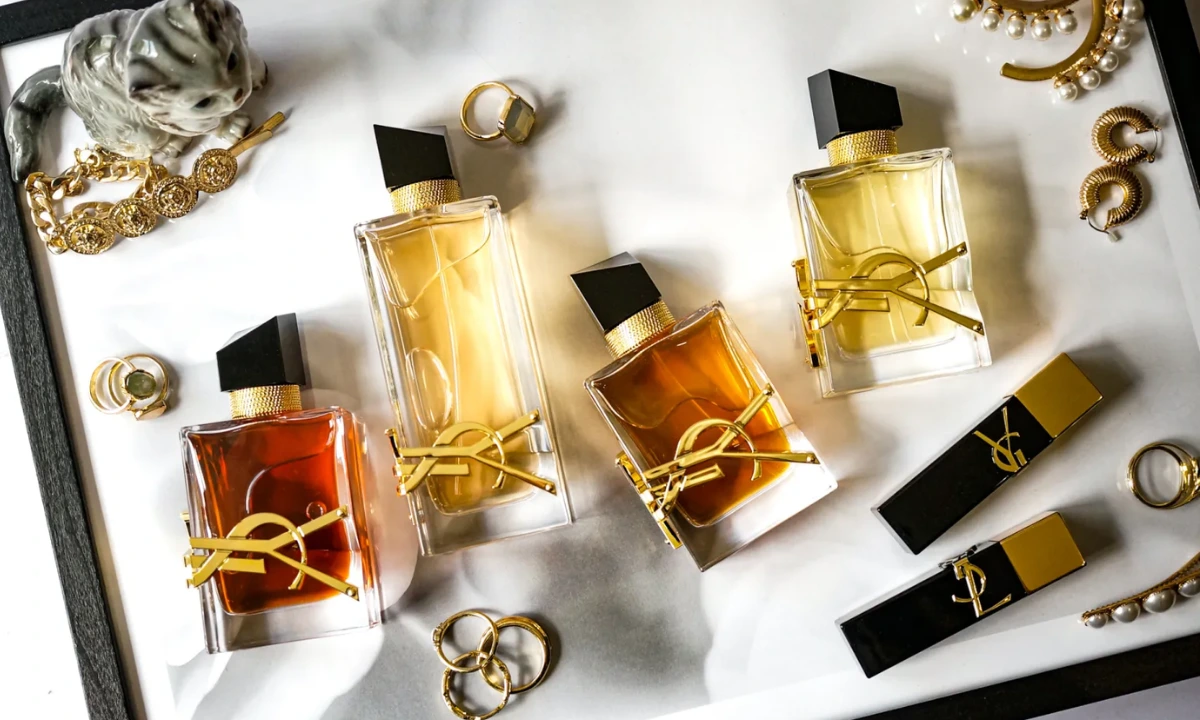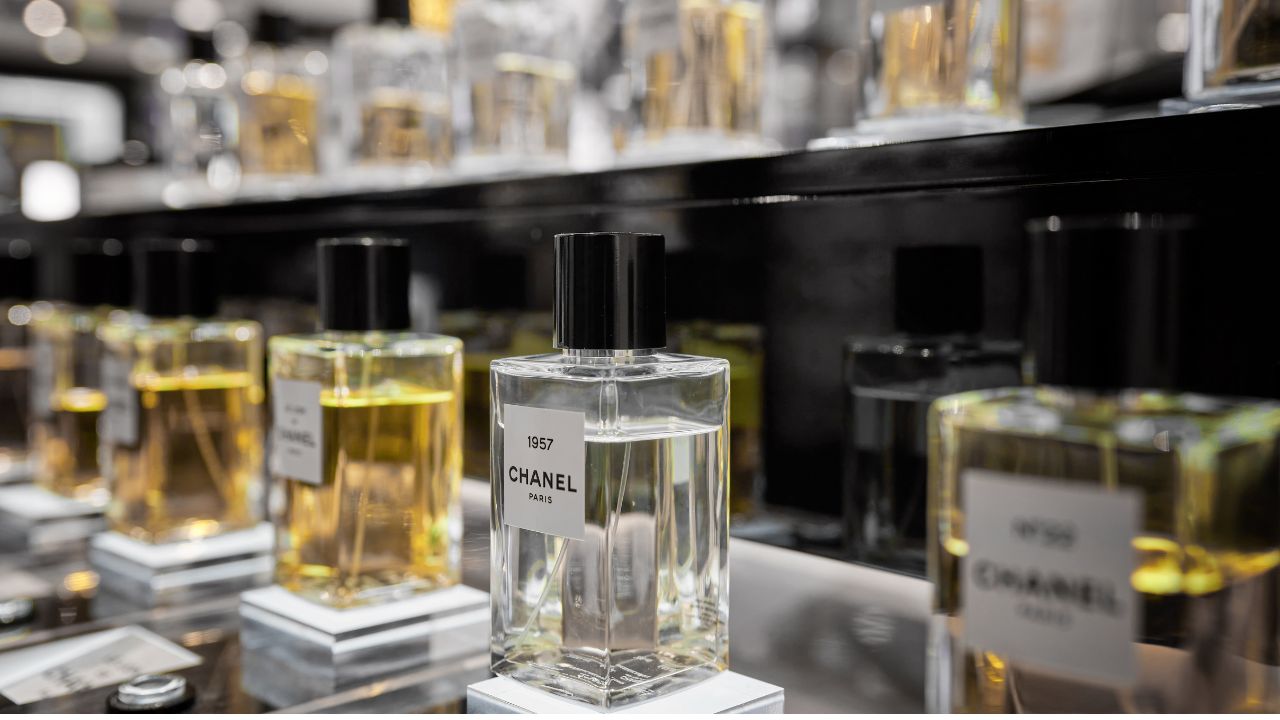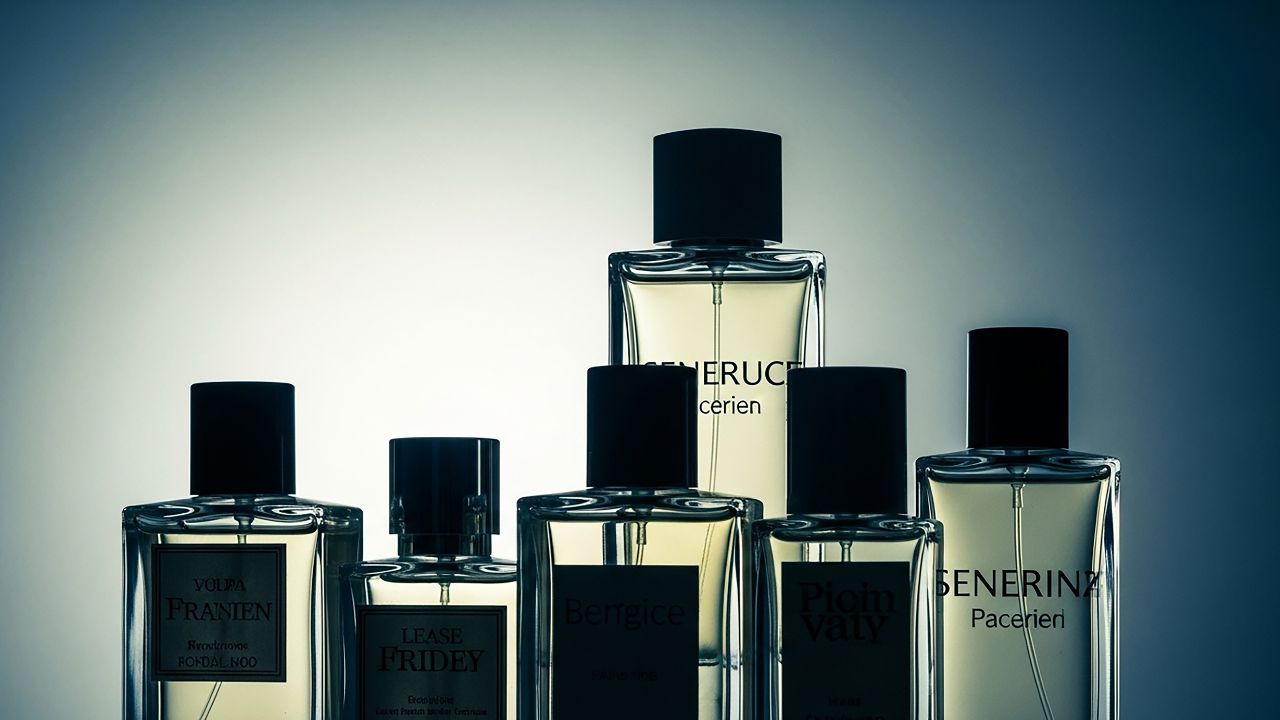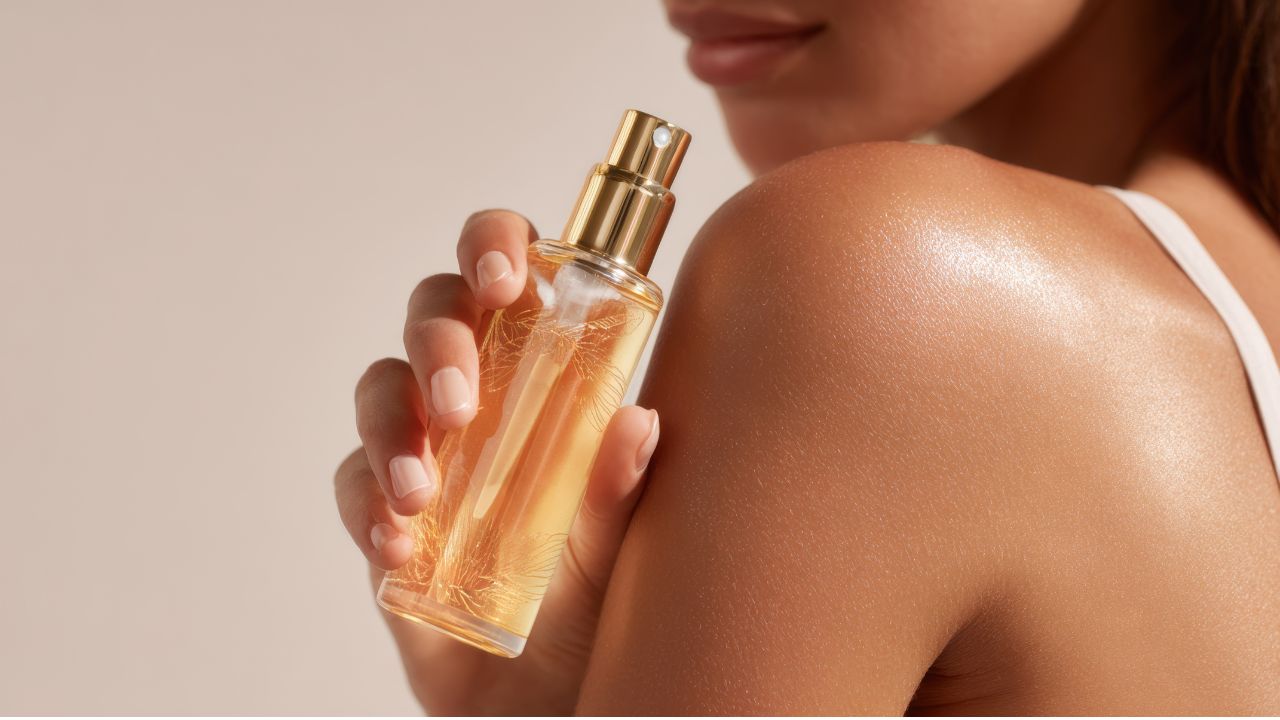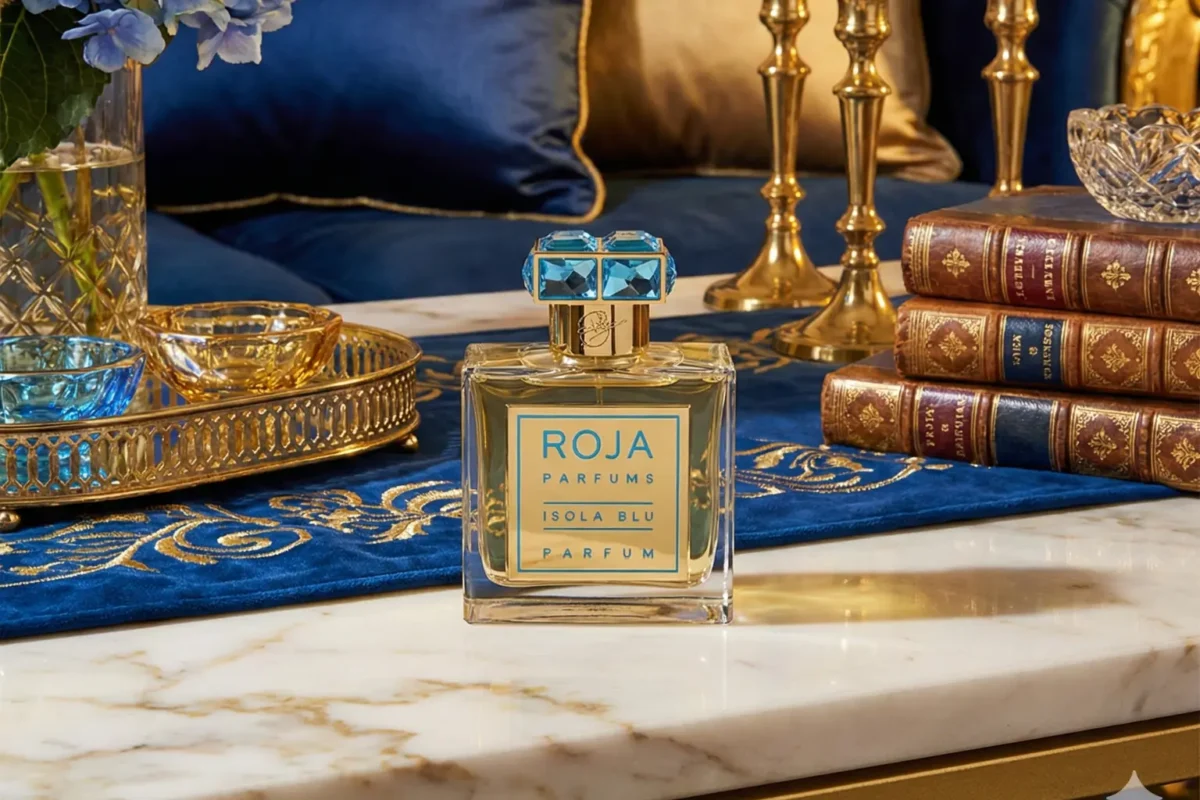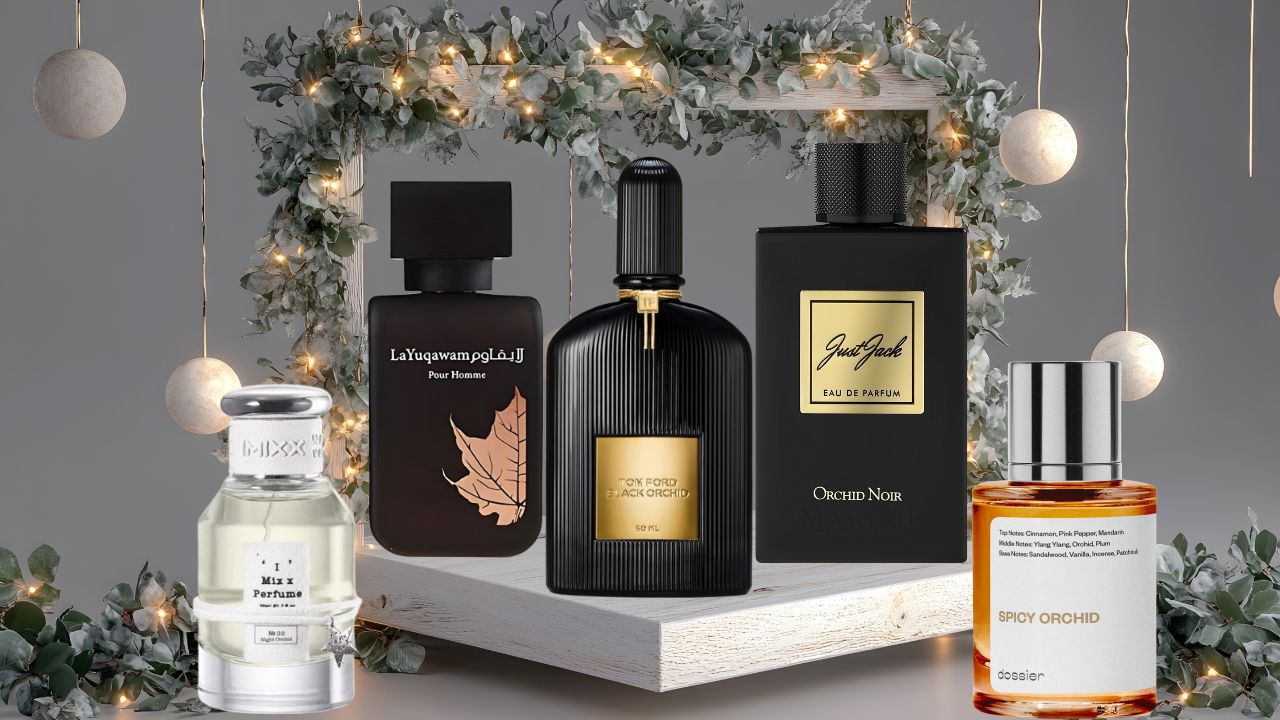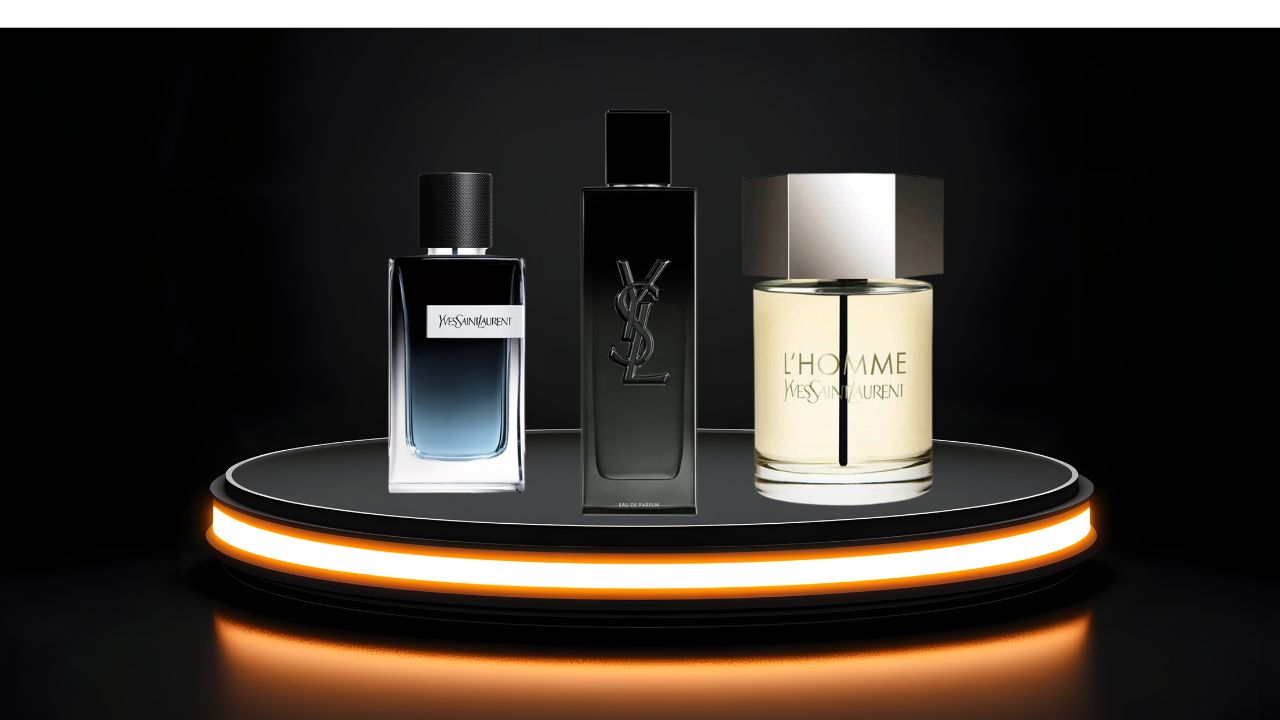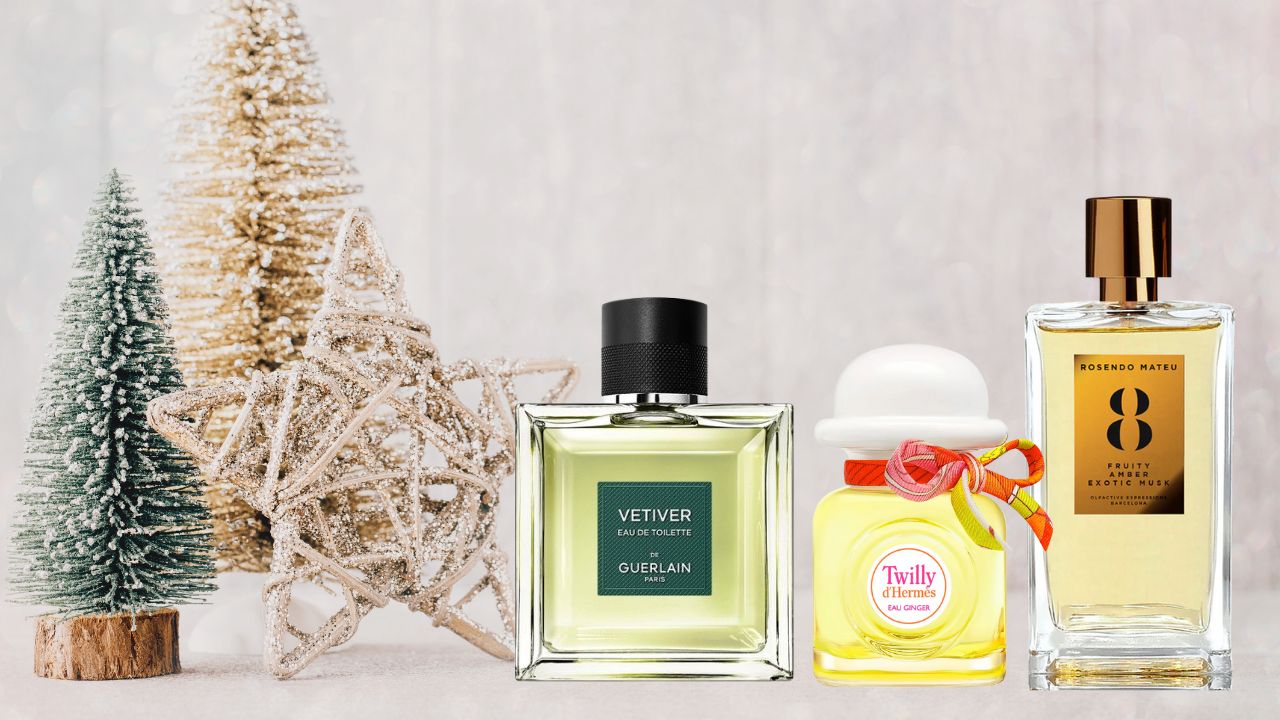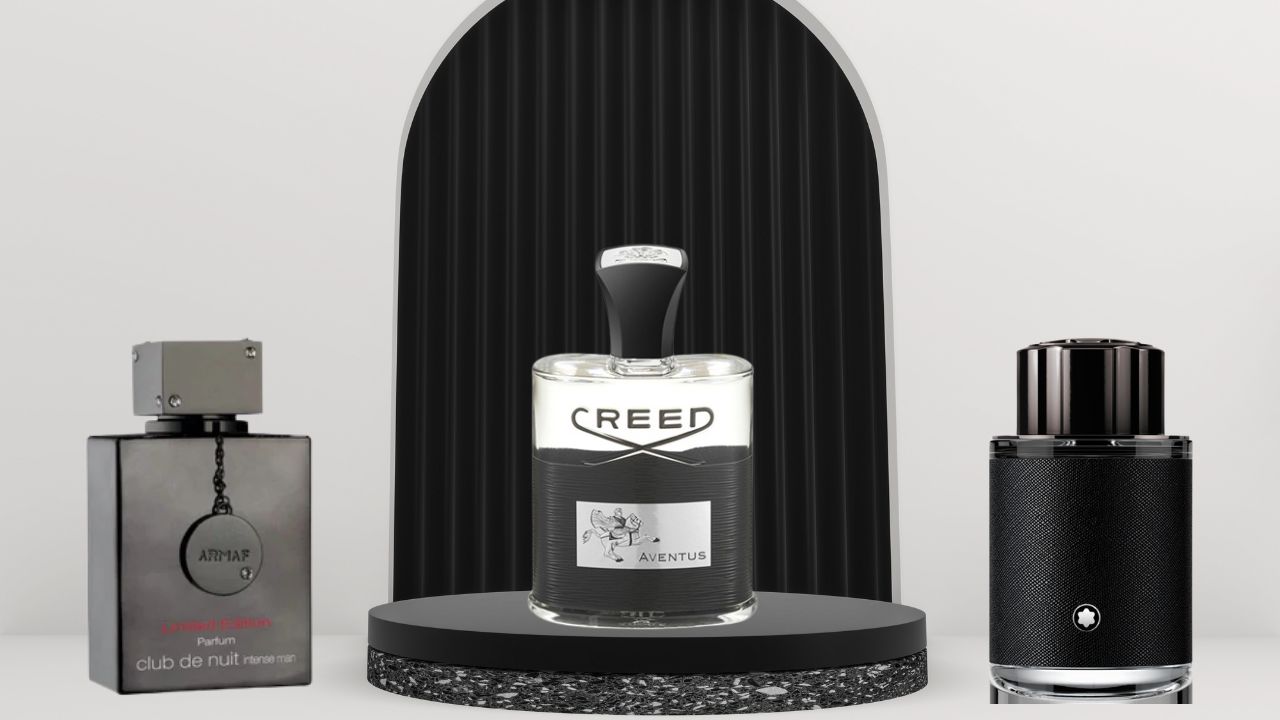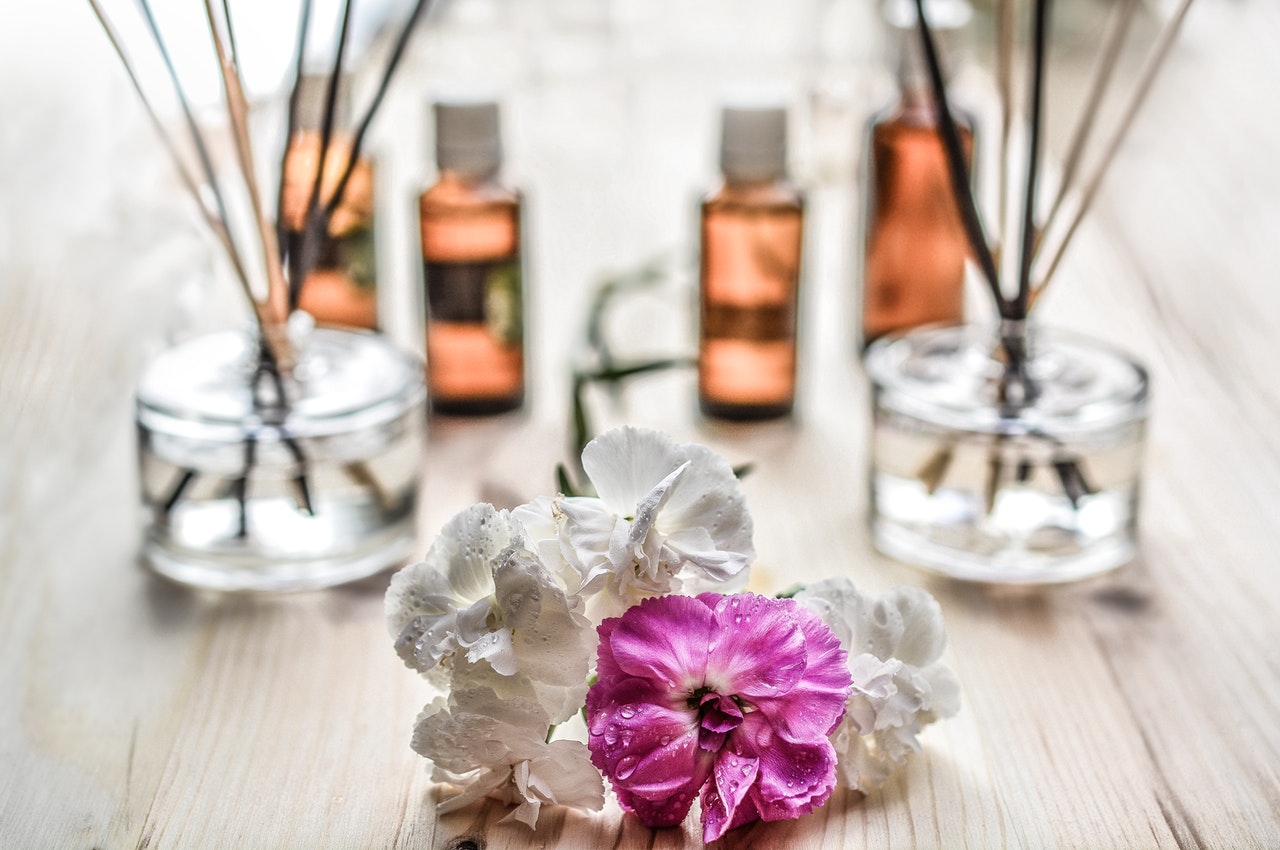
Perfume, a cherished luxury product and a source of sensual pleasure has been around for millennia. As strange as it is to believe, perfumes have existed for 5,000 years at the very least. The discovery of perfume usage can be traced back to the hieroglyphics in Egyptian tombs which depicted Ancient Egyptians and Mesopotamians creating perfume from 3,000 BC onwards. Sumerians, a civilization in Mesopotamia, began trading perfumes which which served to popularize fragrance further in Egypt. It is no surprise that Egyptians turned out to be the bigger consumers of perfume. In fact, it would be fair to say that they are the ones responsible for paving the way towards modern perfume.
How did the ancient Egyptians make perfume?
As per available historical records, Egyptian priests began using aromatic resins to make the fragrance of sacrificial offerings sweeter and more appealing. They believed that burning incense made the deities happy. Egyptians soon found fragrance percolating into every other aspect of their lives. Their handmade perfumes required different plants, flowers, and wood fragments, coupled with fats or oils. Linseed, moringa sesame, and castor oils were common ingredients in their perfumes. To perfect their craft further, some used almond extracts and olive oil in their perfumes to heighten the quality and pungency of their creations. Resins like turpentine and benzoin are featured in scents. Ancient Egyptians used a technique called enfleurage to make their perfumes. Its knowledge was passed on orally to keep the method as exclusive as possible.
How did the ancient Egyptians use perfume for divine reasons?
In the beginning, perfumes were primarily associated with a ‘mystical’ function. They were commonly found in temples where they served as a gift to the divinities. Scented mixtures were lit to maintain a fragrant atmosphere at all times. The statues of the divinities were also rubbed with scented pomade to pay respect. Funerary rites in ancient Egypt involved the bodies being embalmed so they could enjoy eternal life. Furthermore, Egyptian Pharaohs were often entombed with fragrances. When archaeologists opened these tombs in the late 1800s, they could smell the original, sweet aroma. Many other important figures in Egyptian history were also buried with scented oils to ensure that their olfactory needs were always satisfied.
What other purpose did perfumes serve?
Ancient Egyptians also used perfume for its therapeutic abilities. Megalion and Theriaque were commonly used for aromatherapy. However, the overwhelming reason behind perfume usage was their vested interest in appearance and cleanliness. Often considered a symbol of moral purity, perfumes were a must for those in higher social standing.The perfume was also known for its ability to seduce both men and women. In fact, Cleopatra was known to relax in scented baths before perfuming herself with bitter almond oil, cinnamon, and myrrh.
What do we know about the legendary Kyphi?
Kyphi, the first eau de toilette, blended 16 primary ingredients, including myrrh, resin, wine, honey, sweet rush, raisins, and juniper. Kyphi appeased the Gods every night. Other popular perfumes included Mendesian, made with myrrh and cassia, Susinum, a concoction of lily, myrrh, and cinnamon and Rhondinium, the love perfume made with roses.
Do we still use ancient Egyptian’ perfume ingredients?
Surprisingly, yes. Jasmine, frankincense resin, Nile lotus, myrrh, and lilies were commonly used in perfumes by the Egyptians. Modern perfumery continues to use these ingredients. Has history has repeatedly shown, even the strongest empires can fall. Egypt started its decline after 1100 BC, and it was the Romans continued to contribute to the history of fragrances. Read our article on Roman History of Perfumes.
About Vanja
Hi, I'm Vanja! I believe that a fragrance is more than just a scent; it’s a powerful way to shape and express your own story. As a true beauty enthusiast, my journey is driven by the belief that luxury and niche perfumes should be within everyone's reach. I’ve spent years exploring the intricate world of niche perfumes and cosmetics, and I love acting as that 'knowledgeable friend' who helps you discover hidden gems without the elitist jargon. When I’m not diving deep into fragrance notes or curating the best deals for our collection, you’ll find me embracing a mindful lifestyle—whether that’s through yoga, exploring creative hobbies, or simply finding inspiration in the little things. For me, life is about authenticity and discovery. I’m here to help you start or expand your own collection with smart, savvy choices that never compromise on quality.
View all posts by Vanja

